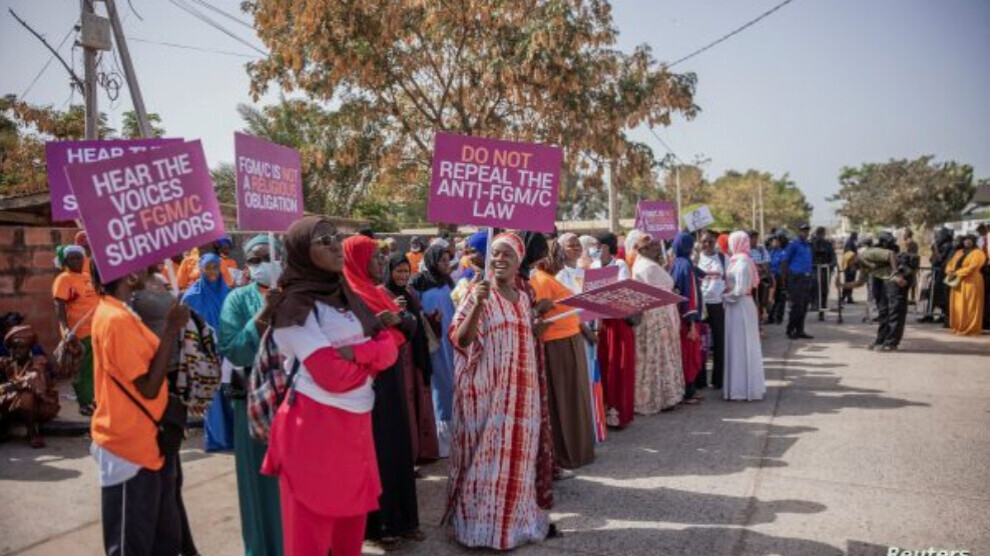Gambia parliament rejects bill to end ban on FGM
Gambia’s parliament rejected a bill that would have ended a ban on female genital mutilation.

News Center- Gambia’s parliament on Monday rejected a bill that would have ended a ban on female genital mutilation (FGM). The bill had sparked a public debate about FGM for the first time in the West African country.
The procedure of FGM, often performed by health workers in Gambia and sometimes by traditional community practitioners with tools such as razor blades, can cause serious bleeding, death and childbirth complications but remains a widespread practice in parts of Africa.
After Gambia’s MPs voted against the bill, UNICEF, the World Health Organization (WHO), the United Nations Population Fund, UN Women and the United Nations High Commissioner for Human Rights published statements commending the country’s decision to uphold the ban on FGM.
Over 230 million girls and women alive today have undergone female genital mutilation (FGM), according to a report released by UNICEF on March 8, 2024, International Women’s Day. The report shows that the largest numbers of FGM are in African countries.
